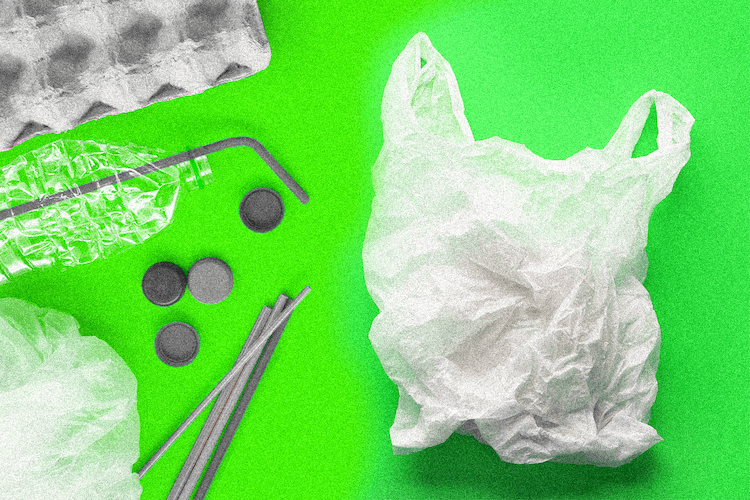Reducing the amount of waste generated in Luxembourg is the objective of a package of five bills dedicated to waste, which should come to a vote in parliament next year.
"It is not only the supermarkets that are called upon to make an effort, but also the communes and restaurant owners", François Benoy (Déi Gréng), rapporteur and chairman of the environment committee at the Chamber of Deputies, told Paperjam, Delano's sister publication.
“Retailers will have a few years to adapt,” he said, for example citing changes in the take-away food sector where all containers should become reusable in the long term.
Pre-packaged products excluded
In supermarkets, the bill provides for the creation of a deposit system. "This deposit scheme for drinks makes sense in large countries like France and Germany, but not here, where many drinks are imported,” said Fernand Ernster, president of the CLC business interest group.
The organisation also criticised the inconsistency of the measure, which focuses on food products sold in bulk or assembled on the spot, such as sandwiches for example: "Imposing a dissuasive price on food packaging when pre-packaged products are not concerned is not logical,” the CLC said.
"None of our members have been consulted to analyse what should be done on the ground with this bill," said René Grosbusch, president of Flad--an organisation that represents 90% of food retailers in the grand duchy. “We have the feeling that the bill as it stands totally ignores the reality on the ground,” added the entrepreneur, explaining that his affiliates all contribute to the Valorlux door-to-door packaging collection system. “We are convinced that the ministry of the environment is trying to abolish Valorlux,” he said.
The idea of the bill is to reduce the amount of all waste, whether it is recycled or not, because it uses resources.
Benoy believes that the recycling centres in supermarkets are complementary to the blue bags, as they allow more categories of packaging to be collected: “Valorlux in a way encourages the production of waste, even if it is recycled. The idea of the bill is to reduce the amount of all waste, whether it is recycled or not, because it uses resources.”
“90% of household products consumed in Luxembourg are imported,” said Valorlux managing partner Claude Turping. For the time being, the collection service does not anticipate any significant impact of the waste law on its activities, but rather looks to the recycling indicator, which is likely to evolve in this context.
At present, all waste entering the sorting centre is counted as recycled. However, in future only that which leaves it will be considered as recycled in the future, excluding items that are forwarded for incineration, for example because they cannot be recycled by Valorlux. “The recycling rate as we know it today (59% for plastic in 2019, editor's note) will certainly drop,” said Turping.
The problem is also growing as plastic containers are being replaced with cardboard coated with a thin layer or plastic. “This worsens the recycling rate,” said Valorlux.
France ahead of Luxembourg
As for the deadlines set out in the text, such as the dissuasive price on service packaging in 2025 and the ban on packaging fruit and vegetables under 1.5 kg in 2023, Benoy said “the legislator will give the possibility of introducing it. We will then have to work with the players in the field to implement it. This will be done gradually from year to year.”
He emphasised that France intends to abolish the packaging of fruit and vegetables from January 2022, whereas in Luxembourg it will probably take a little longer.
Parliamentary work is currently suspended pending the second opinion of the Council of State. “I am optimistic that we will be able to vote on these laws at the beginning of next year,” said Benoy.
Alongside draft law 7654 on packaging, there are four other texts: one on plastics (7656), waste (7659), batteries and accumulators (7699) and electronic equipment waste (7701). In short, a large economic and societal fabric is currently hanging on these legislative developments, which should resolutely change the way we consume.
This story was first published in French on . It has been translated and edited for Delano.
